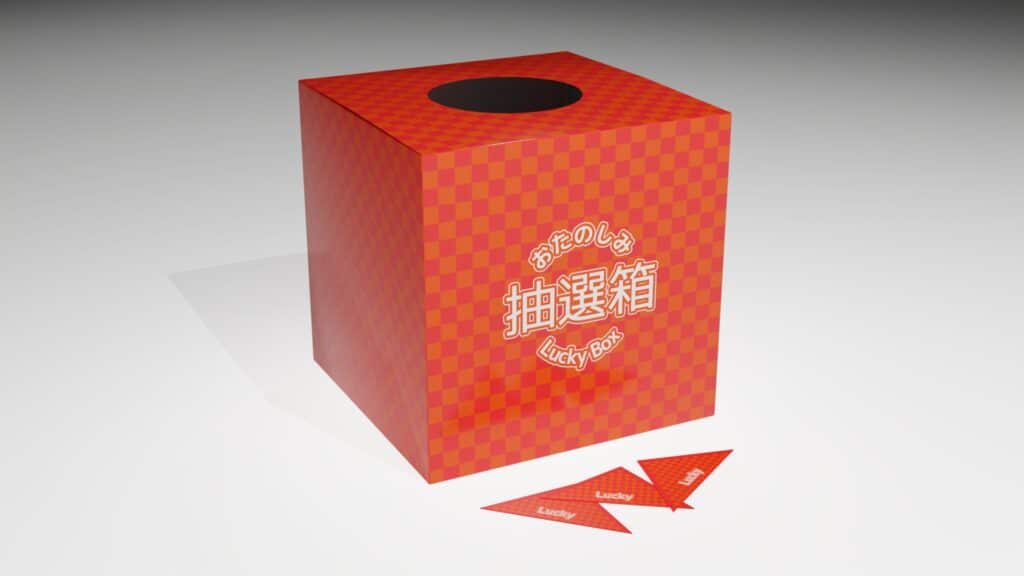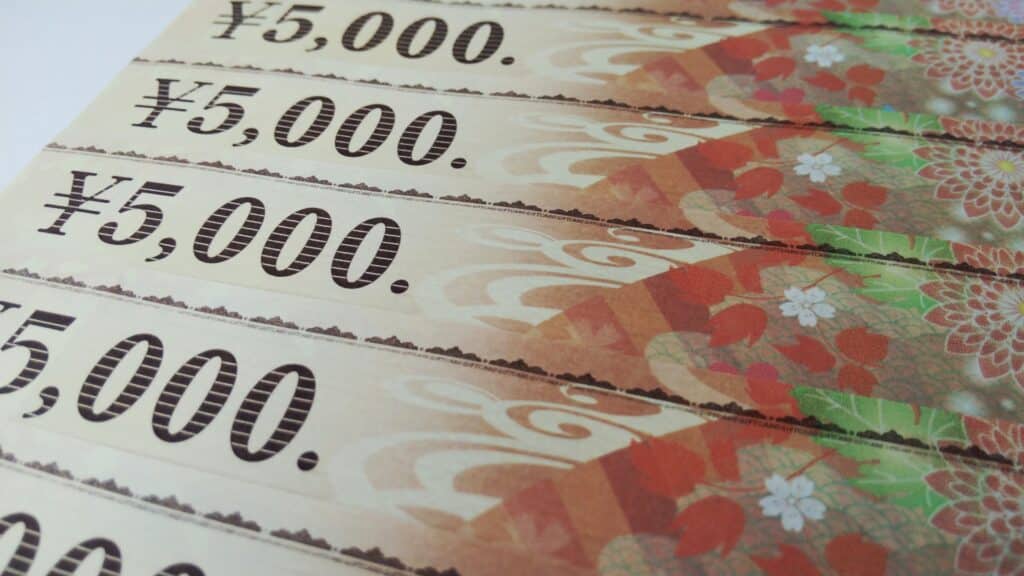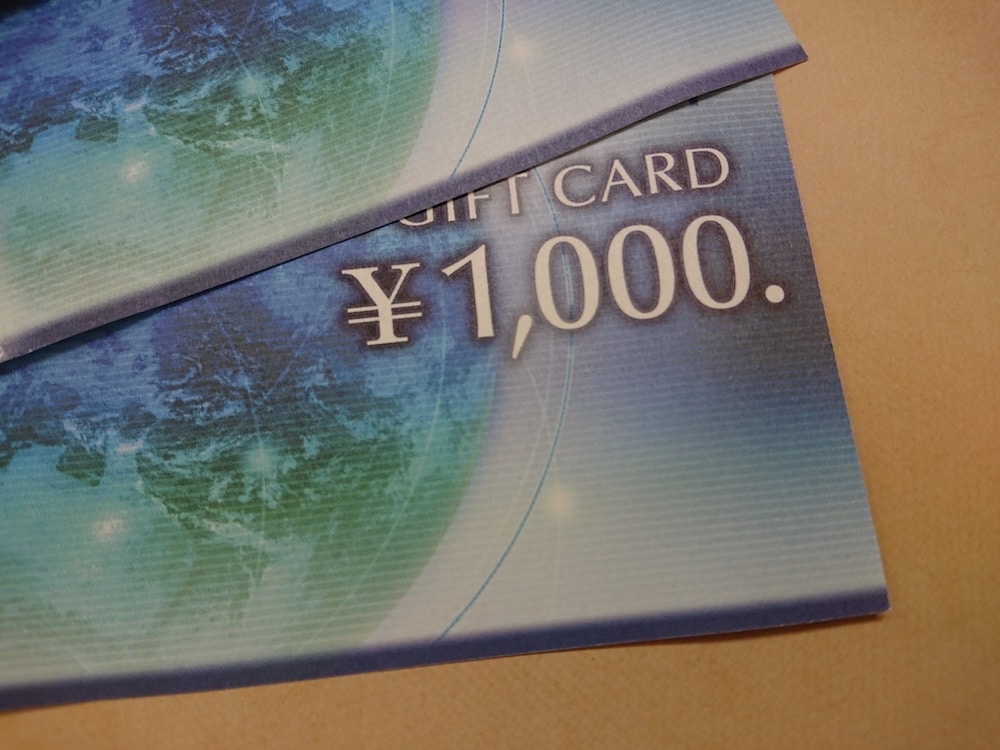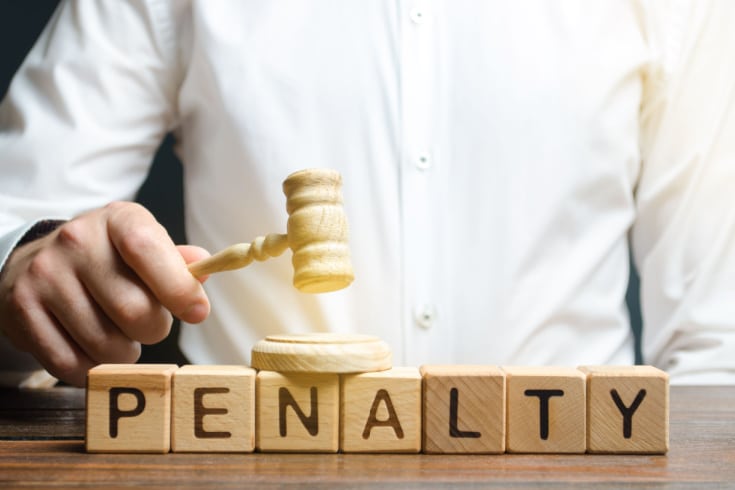Understanding Discounts under the Japanese 'Act against Unjustifiable Premiums and Misleading Representations' (景表法): Case Studies and Penalties for Violations

Many companies employ strategies such as offering prizes through sweepstakes or lotteries, and providing goods or services at discounted prices. However, when offering discounts, it is essential to be mindful of the Japanese Premiums and Representations Act (Japanese Fair Trade Commission’s Premiums and Representations Act).
It is necessary to understand whether the content of the discount complies with the Japanese Premiums and Representations Act and to ensure that the discounted amount does not exceed the legal limits.
This article provides a detailed explanation of how discounts are treated under the Japanese Premiums and Representations Act, as well as the penalties for violations.
Definition of Prizes under the Japanese Premiums and Representations Act

The Japanese Premiums and Representations Act, formally known as the Act against Unjustifiable Premiums and Misleading Representations, is explained as follows:
The Japanese Premiums and Representations Act strictly regulates false representations of the quality, content, and price of goods and services, and by limiting the maximum amount of premiums offered, it protects the environment in which consumers can voluntarily and rationally choose better goods and services.
Source: Consumer Affairs Agency | Premiums and Representations Act[ja]
Under the Japanese Premiums and Representations Act, prizes are defined by the following three elements:
- A means to attract customers
- Provided by a business in conjunction with the transaction of goods or services it supplies
- Goods, money, or other economic benefits
Based on these definitions, items designated by the Prime Minister are considered “prizes” under the Japanese Premiums and Representations Act (Article 2, Paragraph 3). Specific examples of designated prizes include:
- Goods, land, buildings, and other structures
- Money, currency, deposit certificates, lottery tickets with prizes, public bonds, stocks, gift certificates, and other securities
- Entertainment (including invitations or special treatment to movies, plays, sports, travel, and other events)
- Conveniences, labor, and other services
Source: Consumer Affairs Agency | What are Prizes?[ja]
In other words, if the recipient gains some benefit, it is considered a prize, regardless of whether it is in the form of goods, money, invitations, hospitality, or the provision of services.
For a detailed explanation of prizes under the Japanese Premiums and Representations Act, please refer to the following page:
Related article: Is there a maximum amount for prizes and sweepstakes? Explaining the types defined by the Premiums and Representations Act[ja]
The Relationship Between Discounts and Premiums Under the Japanese Premiums and Representations Act

In the context of the Japanese Premiums and Representations Act, premiums refer to goods or services provided to attract customers. These can include not only goods and money but also invitations, hospitality, and even the provision of labor. So, does a discount on the price of goods or services count as a premium?
If the discount is considered an “economic benefit recognized as a normal discount in light of standard commercial practices,” then it does not fall under the category of premiums as defined by the Japanese Premiums and Representations Act. This is because such a discount is perceived not as an adjunct to the transaction but as the transaction itself.
What does “in light of standard commercial practices” mean? The Consumer Affairs Agency’s website explains it in the following Q&A:
“In light of standard commercial practices” can also be described as “according to standards recognized as reasonable in transactional norms,” but there are no specific criteria for this determination.
The content of the economic benefit provided, the conditions and methods of provision, and the customary practices in the industry are all considered in order to prevent unfair customer inducement and to protect the interests of general consumers. In making this determination, if there are fair competition rules established in the industry, these rules will also be taken into account.
It is important to note that just because an act conforms to current commercial practices does not immediately justify the act as legitimate.
Source: Consumer Affairs Agency | Non-premium Items[ja]
What Constitutes an Economic Benefit Recognized as a Discount in Normal Business Practices

Under the Japanese Premiums and Representations Act, an economic benefit that is recognized as a discount in light of normal business practices is considered part of the transaction itself and does not fall under the category of “premiums.” So, what exactly qualifies as a “discount” under the Japanese Premiums and Representations Act?
Providing Discount Coupons with a Specified Discount Rate
A common example is providing discount coupons that can be used for future purchases, such as “10% off.”
In other words, “reducing the price to be paid by the counterparty in a transaction involving one’s own goods or services, in accordance with standards deemed reasonable by transactional conventions,” does not fall under the category of premiums.
Conducting Rebates on Payments from Business Partners
Rebates on payments from business partners are also not included in the category of premiums.
“Rebate” might sound confusing, but it is easier to understand when thought of as cashback. You pay the full amount at the time of purchase, but a certain percentage of the amount paid is returned later as a rebate.
Since a certain percentage of the amount is returned after a set period, the result is effectively the same as having discounted the price in advance. However, if it follows standards deemed reasonable by transactional conventions, it constitutes an economic benefit recognized as a discount in light of normal business practices and is not included in the category of premiums.
However, if the amount of cashback exceeds the amount of the transaction eligible for the rebate, it is not considered an economic benefit recognized as a discount in light of normal business practices and would be included in the category of premiums. For example, offering a cashback amount greater than the transaction amount to everyone who meets certain conditions (such as purchasing 10 units of Product A) would be subject to the regulations on bundled premiums.
Providing Services for Multiple Transactions of the Same Product
Services provided for multiple transactions of the same product (such as getting one free for every ten purchased) also constitute an economic benefit recognized as a discount in light of normal business practices and do not fall under the category of premiums, nor are they subject to premium regulations.
Similarly, this applies to cases such as “buy X number of items and get Y yen off.”
Examples of Prizes Regulated Under the Japanese Premiums and Representations Act

Here, we will introduce some examples of “prizes” that are regulated under the Japanese Premiums and Representations Act.
Conditional Cashback Campaigns and More
Even cashback offers can be considered as prizes and be regulated depending on the conditions.
For instance, cashback that is available only for a limited period does not qualify as a prize. However, cashback can be considered a prize and be subject to regulation under conditions such as the following:
- Determining eligible recipients for cashback through a lottery
- Restrictions on how the cashback funds can be used
- Providing an option to receive items in addition to cashback
Cashback that is not guaranteed for everyone but is instead determined through a drawing or contest qualifies as a prize. Since not all transaction partners receive cashback, and only those selected through a lottery are eligible, it is considered a prize rather than a discount.
Moreover, even if the same amount of cashback is offered to everyone, if the use of that amount is restricted, it may also be regulated as a prize. For example, “Choose your favorite product from these options with your 1,000 yen cashback.” In such cases, the restrictions on how the funds can be used make it different from a typical cashback offer, thus potentially qualifying it as a prize.
Additionally, cases where you can choose to receive an item instead of just cashback do not qualify as cashback offers. If you opt to receive an item, it is considered a prize rather than cashback. Since not everyone is assured to receive cashback, it cannot be called cashback and is instead classified as a prize.
Referral Campaign
Are referral campaigns, where you can receive products or services by introducing friends, regulated as prizes?
In the case of referral campaigns, if the reward is given merely for the act of referring without requiring the friend to actually use the product or service, it does not fall under the category of prizes. This is because a simple referral does not meet the requirement of being ‘provided in conjunction with a transaction of goods or services’.
However, if the condition for receiving cashback is that the referred friend must purchase or use a product or service, it does meet the requirement of being ‘provided in conjunction with a transaction’ and thus, qualifies as a prize and is subject to regulation.
For example, in cases where both the person who made the referral and the friend who made a purchase or used a service receive a guaranteed cashback, it is regulated as a ‘total attachment prize’. In this case, the regulations dictate that the limit for the prize amount is as follows:
| Transaction Amount | Maximum Prize Amount |
| Less than 1,000 yen | 200 yen |
| 1,000 yen or more | 20% of the Transaction Amount |
The amount of cashback or gift certificates provided to the recipients as a total attachment prize must be within the limits of these regulations.
The transaction amount refers to the total revenue obtained from that transaction. For example, if there is a contract period for the use of a service, the total amount of the usage fees for the contracted period is the transaction amount for the revenue.
Once you have calculated the transaction amount, set the maximum cashback amount to 20% of that amount (up to 200 yen if the sales amount is less than 1,000 yen).
Penalties for Violating the Japanese Premiums and Representations Act

Discounts that do not qualify as premiums are not a problem, but if the discount or cashback is considered a premium, it falls under the regulations of the Japanese Premiums and Representations Act.
In the case of a violation of the Premiums and Representations Act, the Consumer Affairs Agency or prefectural governments may issue corrective orders or orders to pay surcharges.
Corrective orders can include injunctions against advertising or offering premiums, as well as recommendations and administrative guidance.
If no improvement is seen even after a corrective order has been issued, an order to pay a surcharge may be imposed. A surcharge is collected to ensure that profits made from violating the Premiums and Representations Act are not retained.
The calculation method for the surcharge amount is “3% of the sales amount of the goods or services related to the act subject to the surcharge.”
If an order to pay a surcharge is issued and not complied with, the penalty may be imprisonment for up to two years or a fine of up to 3 million yen, or both. If a corporation violates the law, a fine of up to 300 million yen may be imposed. For more details on the surcharge system, please refer to the following article.
Related article: What happens if you violate the Japanese Premiums and Representations Act? Explaining the surcharge system[ja]
If you receive a corrective order, we recommend consulting with a specialist promptly.
Summary: Discounts and Promotions May Be Regulated

Discounts are a strategy that can attract customers and increase repeat business, distinct from offering prizes through sweepstakes or lotteries. However, whether a discount violates the Japanese Premiums and Representations Act (景品表示法) is a case-by-case matter, which can sometimes be a source of concern.
Running a campaign with the worry of violating the Japanese Premiums and Representations Act can hinder sales growth and, more importantly, carries the risk of incurring significant losses due to penalties such as administrative fines. By consulting with a lawyer in advance and planning your sales promotion, you can mitigate these risks.
Guidance on Measures by Our Firm
Monolith Law Office is a law firm with extensive experience in both IT, particularly the internet, and legal matters. In recent years, violations of the Japanese Fair Trade Display Act, such as misleading superior quality claims in internet advertising, have become a significant issue, and the need for legal checks is ever-increasing. Our firm analyzes the legal risks associated with businesses that are either already operational or about to launch, taking into account various legal regulations. We strive to legalize operations without halting the business whenever possible. Details are provided in the article below.
Areas of practice at Monolith Law Office: Checks on Articles & LPs under the Japanese Pharmaceutical and Medical Device Act, etc.[ja]
Category: General Corporate





















